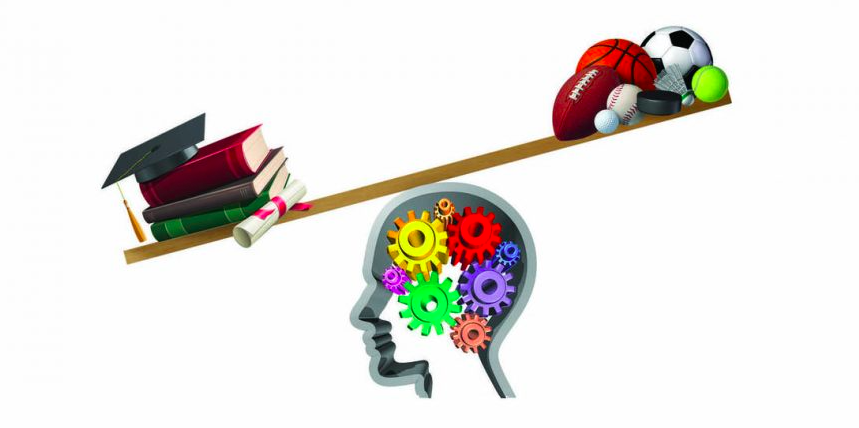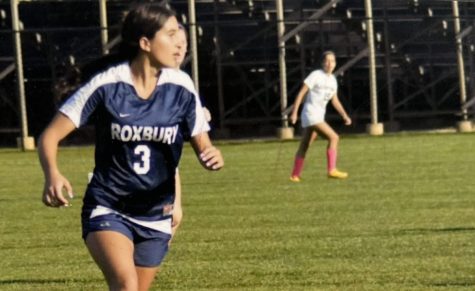Student-athletes have to keep up with their studies while devoting their lives to the sports they play. They don’t have it easy and it can be overwhelming for them. The term “student-athlete” means an individual who is a student that participates in an organized and competitive athletic program offered by the school. They try to manage their time and schoolwork while excelling in the sport or sports they choose. This combination of commitments can present many challenges in students and can negatively impact their mental health.
The first aspect that student-athletes have to consider is the balance between schoolwork and sports. They typically have less free time than non-athletes, which makes it more difficult to keep up with their lives. So, because of this, student-athletes need to manage their time effectively to keep up with both their studies and sports. This involves prioritizing tasks, creating a routine, and discipline. According to St Timothy’s School, “From going to bed by a particular time to dedicating specific hours to studying, a well-balanced routine will allow a lot of time for sports, clubs, and free time.” Proper time management allows for less stress and worry.
Student-athletes’ mental and physical well-being can be heavily affected by various factors. They are constantly under a lot of pressure and always strive to be the best they can, which can lead to negative effects on their mental health. In a study conducted by Prevalence of stress amongst high school athletes (v2) – PMC; fear of failure and self-pressure were the most common causes of stress. The survey they conducted shows, “…about 91% of high school athletes experienced some level of stress due to their sport, with 58% reporting a moderate to an extreme amount of stress.” The pressure to perform and handle challenges can take a toll on their mental health. This can lead to anxiety and depression, which is common in student-athletes.
Schools and coaches should provide support systems and resources to help student-athletes cope with their stress, anxiety, and the mental health challenges they face. Coaches can motivate their athletes’ minds and muscles as they train to improve their performance. By having your coach on your side and pushing you to be the best you can, will help lead to improved performance while maintaining a good mental health. Schools can implement certain strategies for student-athletes to support them. They can help set goals and help students prioritize their education. Student-athletes should not be afraid to reach out for help if they feel their mental health has started to suffer.
Injuries are a common part of sports and can heavily affect athletes in many ways. Any athlete who experiences a severe career-ending injury, or any injury that affects their playing time, can be a minor setback both physically and mentally. They might experience feelings of frustration and disappointment. They can even develop anxiety, depression, or traumatic stress. They can fear their injury coming back later on and their body not being the strongest anymore. Seeking support from work injury lawyers can also be crucial in navigating legal avenues for compensation and rehabilitation.
According to Effects of Injuries on College Athletes – SUPicket, “Most athletes live with the effects of their injuries later in life. Researchers from Stanford University found that previous joint injuries may increase the risk of developing arthritis.” It’s important for athletes to have a strong support system during the recovery process who can provide guidance and can help student-athletes with any mental health challenge they might face related to their injury.
Taylor Schauble, a well-rounded athlete who is a Sophomore at Roxbury High School was asked, “What are your struggles being a student-athlete?” She replied by saying, “I think the hardest part of being a student-athlete is keeping a healthy balance between school life and sports. Sometimes I get caught up in my athletic life and then it can affect my schoolwork and negatively impact my grades.”
Student-athletes face many difficult challenges that can result in a negative toll on their mental and physical health. Being a student-athlete requires dedication and hard work, even though sometimes it may not be easy. Student-athletes are faced with struggles like burnout, depression, and anxiety. By providing support and resources, student-athletes can get the help they need and can pursue their academic and athletic goals.








